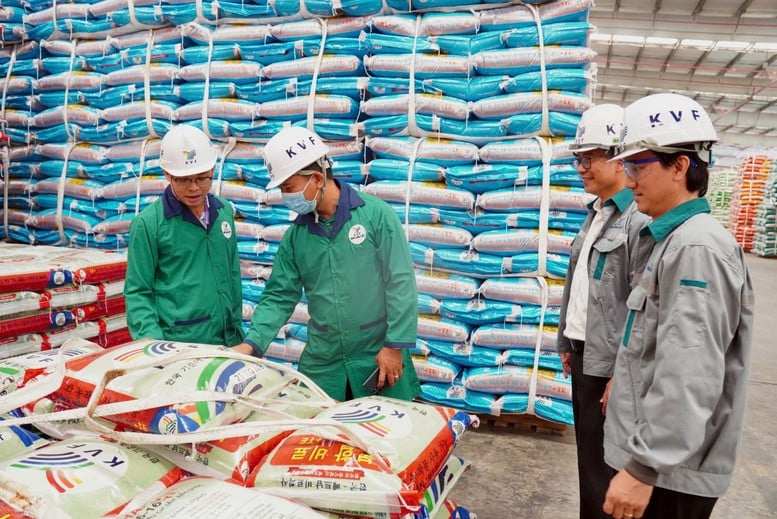
Fertilizer prices are forecast to continue to increase in the coming time - Photo: VGP/PD
Normally, gas costs account for 60-75% of the cost of producing nitrogen fertilizer. Fertilizer companies are currently purchasing gas under long-term contracts and gas prices are still adjusted according to market fluctuations. Lower oil prices help lower gas prices, thereby reducing production costs. Conversely, rising oil prices increase input costs, affecting product prices.
At the beginning of the year, the world economy showed signs of deflation, with oil prices fluctuating between 61 and 64 USD/barrel. However, geopolitical tensions have pushed oil prices up to 74 USD/barrel and could reach 100-120 USD if the conflict persists.
In addition, the prices of fertilizer products used as input materials for the production of compound fertilizers have continuously increased sharply. The prices of single fertilizers have increased by 10-50%, leading to an increase in the production cost of NPK by at least 10% or more - double the VAT payable as prescribed from July 1, 2025, which is 5%. This makes fertilizer prices forecast to continue to increase in the coming time.
A notable point is that from July 2025, the Value Added Tax (VAT) Law No. 48/2024/QH15 will officially take effect, making fertilizer products subject to a 5% tax, instead of being tax-free as it is now. PVCFC leaders commented: "If according to the revised Law 71, manufacturers are allowed to deduct input VAT, then we, as manufacturers, will have favorable conditions to promote sales promotion activities, after-sales policies, and after-sales benefits, thereby contributing to sharing cost pressure with farmers."
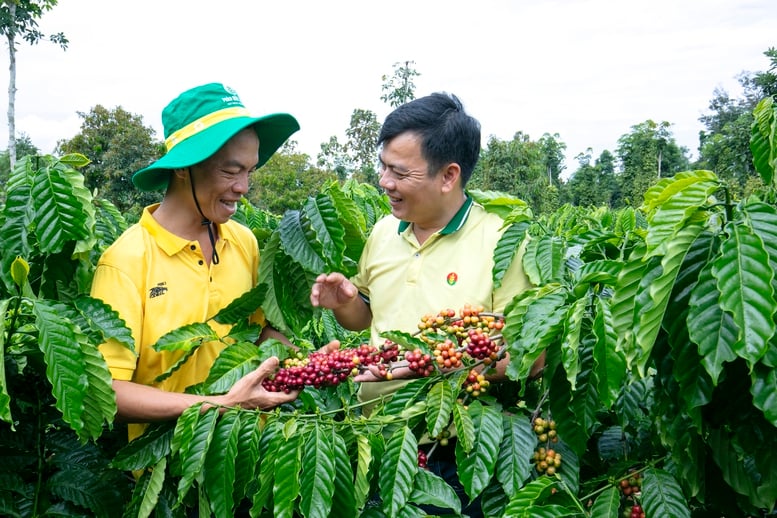
PVCFC strives to implement sales promotion activities, after-sales policies, after-sales benefits, and share cost pressure with farmers - Photo: VGP/PD
During the current transition period, many distributors and agents are cautious in importing goods due to concerns about price risks and tax policies. This leads to a slowdown in the circulation of goods, affecting the supply of fertilizers in the market and causing psychological instability for farmers when preparing to enter the new crop season.
In the context of a volatile market, in order to protect the interests of customers and share the difficulties with farmers, PVCFC commits not to adjust the selling price during the transition period of applying the new VAT law. The company continues to deliver goods in June to early July for shipments that have signed contract appendices.
For Ca Mau NPK products, in addition to keeping the price unchanged in June, PVCFC also flexibly considered extending the delivery time to the third quarter of 2025 for new orders signed this month, to help customers proactively plan their imports before the tax policy takes effect.
In particular, PVCFC will apply a policy of support and loss sharing for customers affected by tax adjustments, including unsold inventory as of July 1, 2025.
Despite proactively implementing many specific solutions and policies, business representatives still expressed their desire for clearer support from management agencies. PVCFC leaders shared: "We hope that the Ministry of Finance will soon issue specific instructions to remove bottlenecks in the transition period. Clarifying the tax treatment mechanism will not only help businesses feel secure in developing consumption plans, but also ensure the legitimate rights of all parties, especially farmers."
PVCFC’s maintenance of product prices during this volatile period not only helps customers stabilize input supply, but also contributes to maintaining the market rhythm, avoiding price shocks during the tax policy transition period. This is also a clear demonstration of the mettle and responsibility of a national brand that is transforming strongly, from a mere manufacturing enterprise to a partner accompanying modern agriculture./.
Source: https://baochinhphu.vn/pvcfc-cam-ket-khong-tang-gia-du-nguyen-lieu-nhap-khau-tang-10225062515435824.htm




![[Photo] Dan Mountain Ginseng, a precious gift from nature to Kinh Bac land](/_next/image?url=https%3A%2F%2Fvphoto.vietnam.vn%2Fthumb%2F1200x675%2Fvietnam%2Fresource%2FIMAGE%2F2025%2F11%2F30%2F1764493588163_ndo_br_anh-longform-jpg.webp&w=3840&q=75)





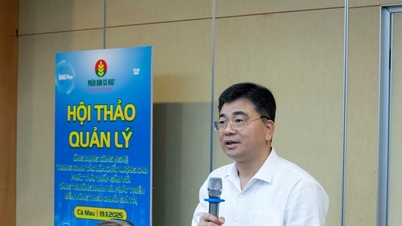

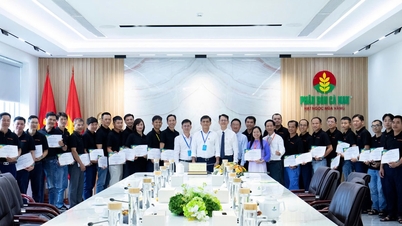



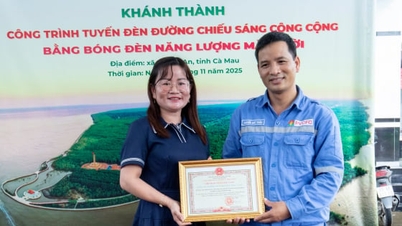

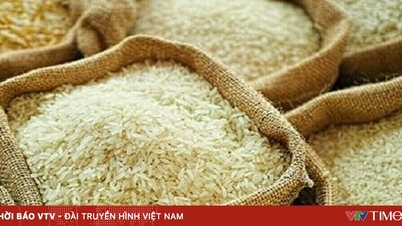




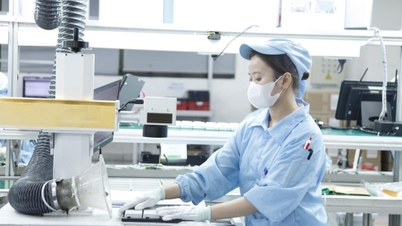

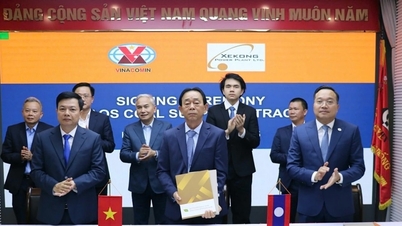







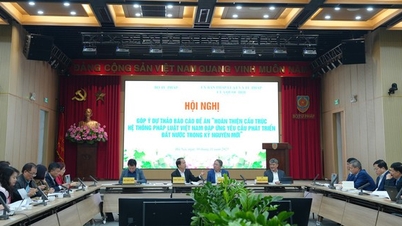
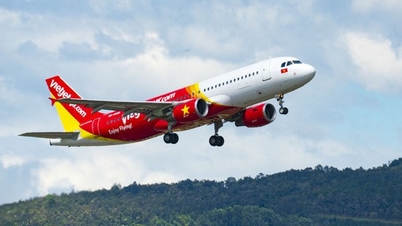
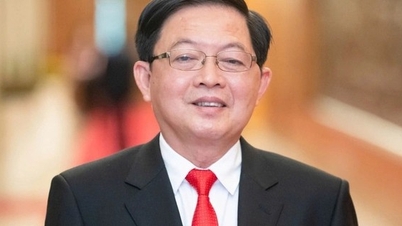




































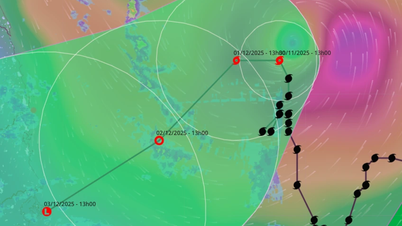


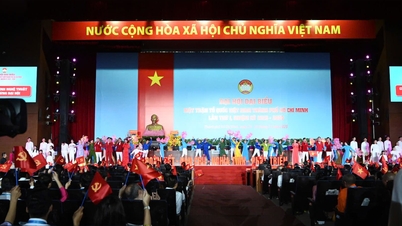




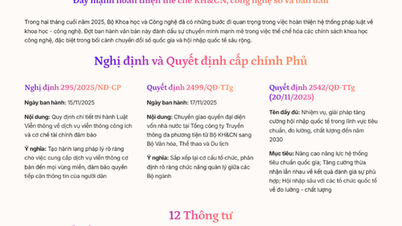

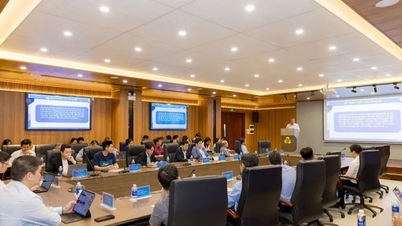
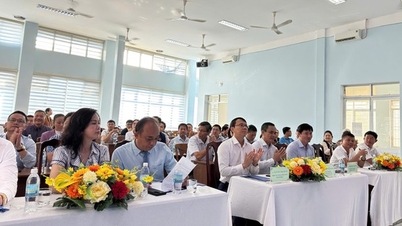
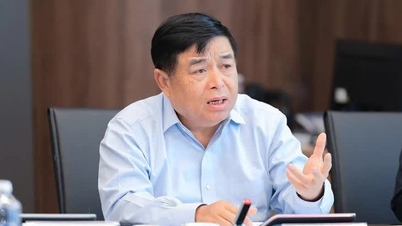
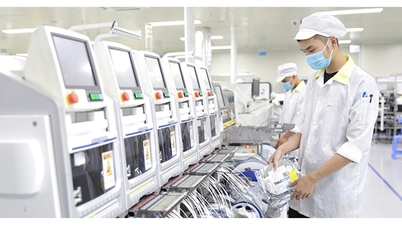
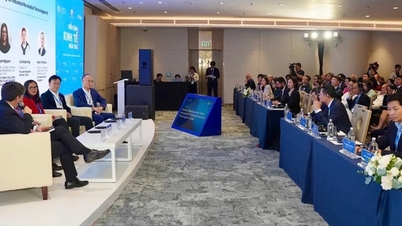
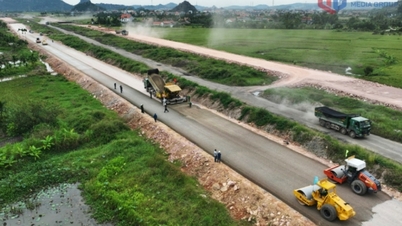





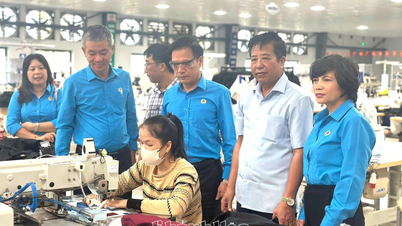

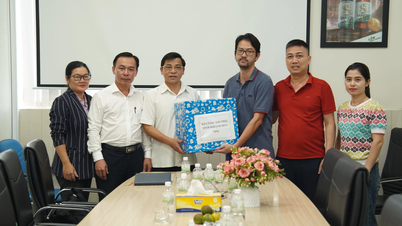












Comment (0)